ABSTRACT
Literary fraudulence is a well-known hallmark of eighteenth-century British writing from George Psalmanazar to William Lauder to James Macpherson, Thomas Chatterton, and Samuel Ireland. The “savage,” in the sense both of the wild and the brutal, is also a well-catalogued concern of the same period. How these two preoccupations might be related, however, has not been discussed. Looking at the writings of Psalmanazar, Swift, and Samuel Johnson, this essay attempts to reveal the hidden association between acts of savagery and acts of fraudulence in writing. The essay suggests that there is in the eighteenth century a sort of kinship between savagery and fiction or, in other words, that savagery is a hallmark of the fictional and the fraudulent in art at this time.
La frode è una caratteristica ricorrente della letteratura settecentesca, da George Psalmanazar a William Lauder fino a James Macpherson, Thomas Chatterton, e Samuel Ireland. Nello stesso periodo emerge anche una crescente preoccupazione per il “selvaggio”, nel senso sia di ‘selvatico/primitivo’ che di ‘brutale’. La possibile connessione tra queste tematiche, però, non è ancora stata discussa. Partendo dall’analisi degli scritti di Psalmanazar, Swift, e Samuel Johnson, questo saggio mira a svelare le associazioni nascoste tra ‘selvaggio’ e frode letteraria, suggerendo una sorta di legame/affinità tra i due: il ‘selvaggio’ sembra infatti essere in questo periodo un elemento caratterizzante sia del romanzesco sia della frode letteraria.






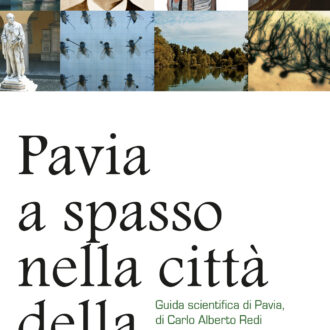
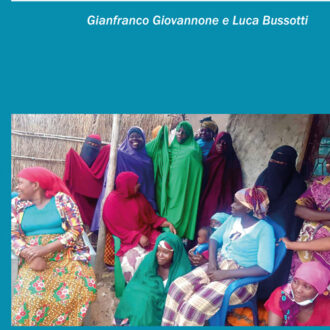
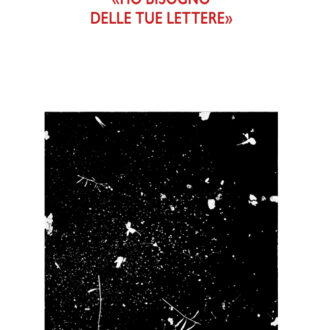
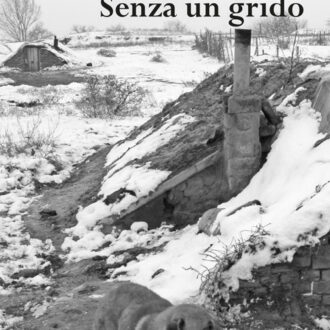
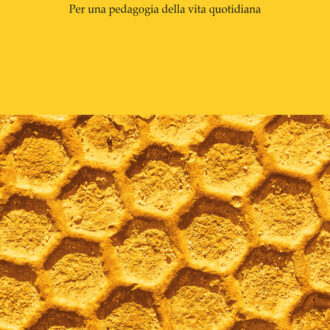

Recensioni
Ancora non ci sono recensioni.